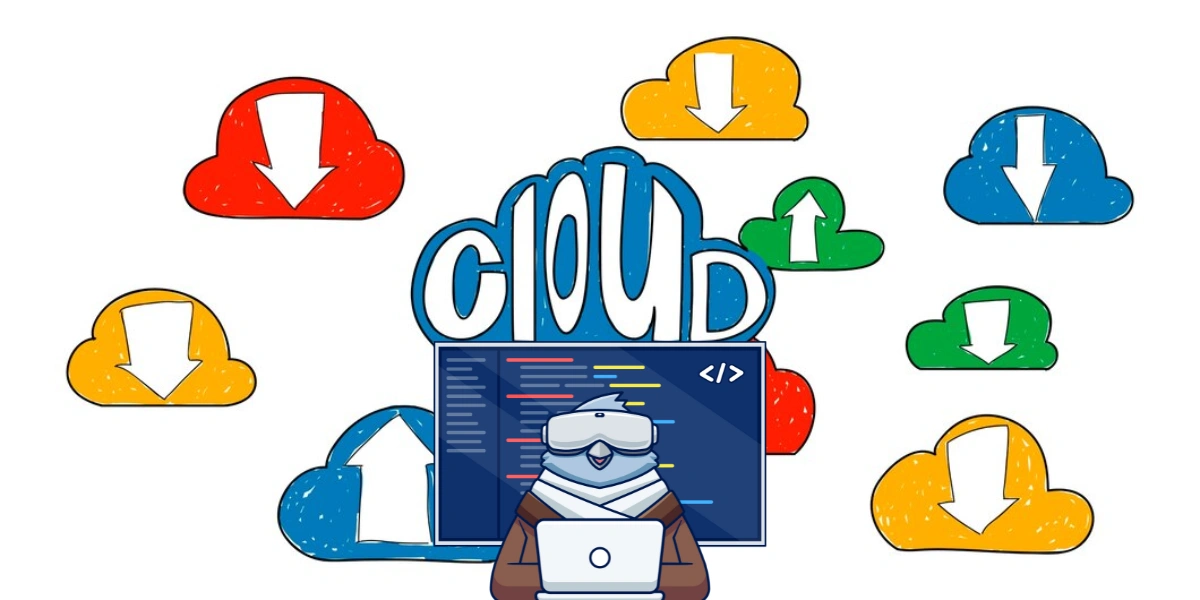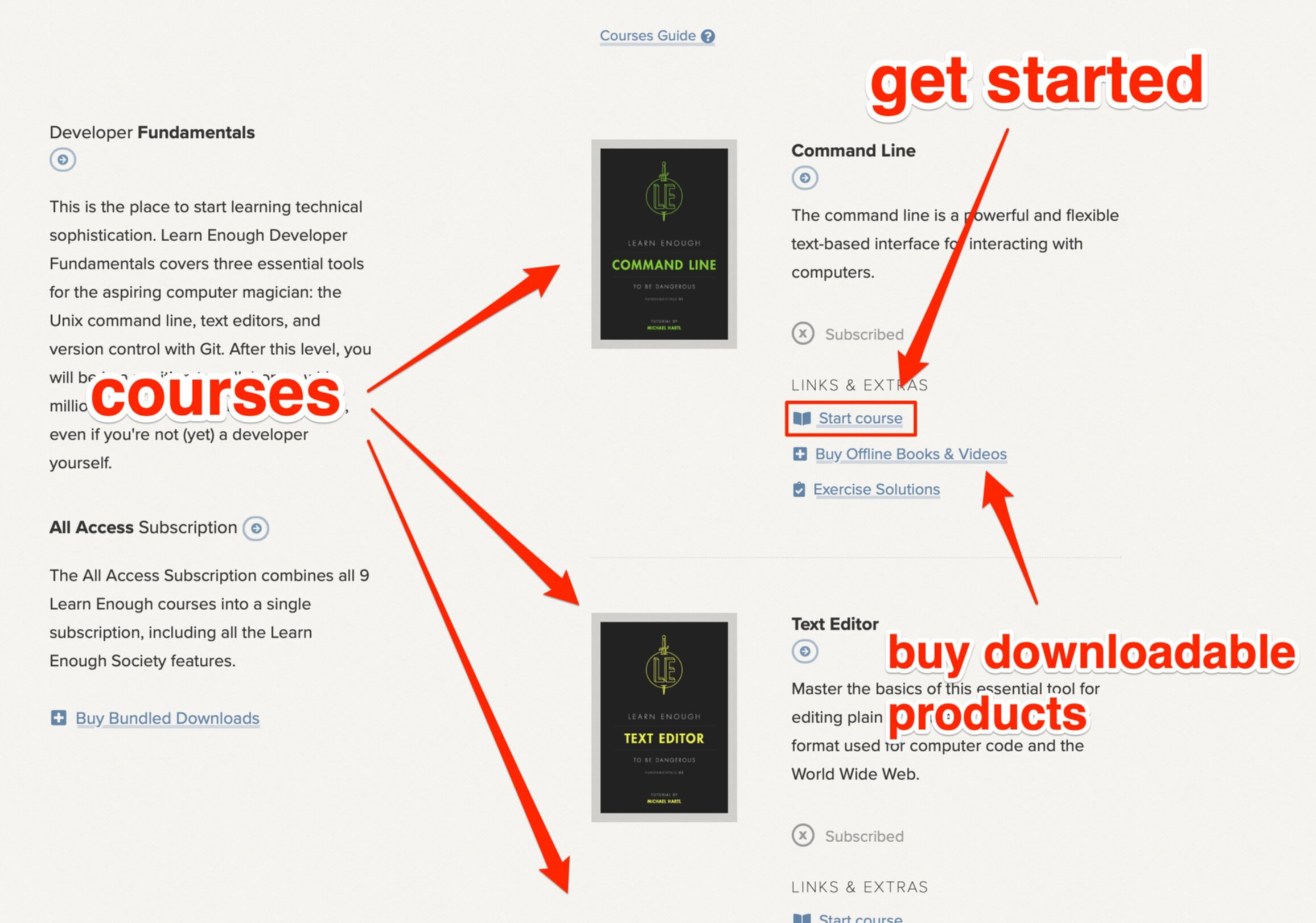
Google Cloud Engineer Salary: How Much Can You Earn in the Cloud Industry
The cloud has become an essential part of modern businesses. Several providers exist, including Google, one of the leaders in this field. As a tech person, you can choose a variety of roles, and Google Cloud engineers are certainly one of the most lucrative ones.
There are around 60,000 GC engineers in the US. If you’re an expert in the cloud, you can work for tech giants such as Google and Amazon or find your place in any other organization that uses cloud technology.
This article explores the salary of a Google Cloud engineer and the necessary skills to become one. Google provides cheap courses so anyone can embark on a journey to become a cloud expert.
What’s the role of Google Cloud engineers?
In short, GC engineers are tasked with designing and managing cloud-based applications built on Google Cloud Platform. To this end, they must understand how to use tools and services such as Compute Engine, Kubernetes Engine, Cloud Functions, and App Engine.
They often have to automatize processes using Terraform or Kubernetes. Depending on their role and workplace, the tools that they have to use will vary.
The end goal of a Google Cloud engineer is to deliver scalable, secure, and efficient cloud infrastructure solutions. Furthermore, the infrastructure needs to meet the needs of the business while optimizing performance and ensuring high availability, all while being affordable.
Google Cloud engineer salary expectations

According to Glassdoor, the salary range for Google Cloud engineers is $194,000 to $294,000 per year. The base salary ranges from $138,000 to $191,000 annually, but companies hiring Google Cloud engineers often offer additional bonuses, commissions, and stocks.
Of course, entry-level roles usually have lower earnings, while seniors and cloud architects can earn much more than those mentioned here. Other factors, such as the company’s location and size, also come into play.
There are also numerous Google Cloud-related roles, such as:
Strategic cloud engineers,
Cloud consultants,
Cloud developers.
Each of these roles offers salaries comparable to those of a cloud engineer. To reach the higher end of this range, you must obtain advanced certification and skills and have enough years of experience.
Salaries of experts for other cloud platforms
If you’re interested in exploring other options as a cloud expert, you should consider Microsoft Azure and Amazon Web Services. Furthermore, switching your career to another platform will be easier if you've studied any of the other cloud ones.
There are many differences between them, but the core concepts are similar. Knowledge of certain services, such as Kubernetes, applies to all three options. However, Microsoft Azure is a bit more unique as it specializes in Microsoft’s services.
AWS cloud engineers have an average salary of $169,000 per year. There are also several roles that you can find if you know AWS. Regarding Microsoft Azure, the median wage is as much as 40K higher than the salary for AWS engineers.
Microsoft Azure cloud engineers earn salaries ranging from $175,000 to $244,000 annually. The average wages mentioned throughout the article are for roles based in the USA.
Necessary skills for Google Cloud engineers

One of the fundamental skills for Google Cloud engineers is understanding cloud architecture. This also encompasses proficiency is Kubernetes Engine, Computer Engine, and App Engine.
Cloud infrastructure relies on APIs, which allow web application integration on the Internet. You can achieve this by combining SOAP, XML, and WSDL protocols. Other important API management services exist, such as Apigee vs Mulesoft.
Understanding which of these options to choose is essential for further product development. Apigee is closely integrated with Google Cloud Platform, providing robust security features and embedded analytics capabilities. This API management software is usually used by larger businesses requiring deep integration with the GCP.
Mulesoft is less integrated with GCP but provides a versatile solution for various cloud and hybrid environments. It has extensive connectivity and integration options.
As a Google Cloud engineer, understanding these services can help you increase your salary and become a better expert in the field.
Another essential skill for GC engineers is understanding the automation tools mentioned earlier. These tools allow the experts to provide continuous integration and deployment (CI/CD) pipelines.
Tools like Jenkins, GitLab CI, or CircleCI are a must, as they can help engineers with the CI/CD pipeline and boost the process of developing and deploying software in GC.
Containerization is another concept often mentioned when talking about the cloud. It’s achieved through Docker or Kubernetes and refers to abstracting applications in the cloud, which is essential for easy deployment.
Additional Skills Google Cloud experts should have
Mastering a particular field in tech can take years and decades. When you’re learning cloud, JavaScript, C#, or whatever else, it’s unlikely that you’ll be able to commit to obtaining other skills.
However, you should always strive to work on yourself and learn other fields and skills. They can not only make you a better expert in your primary field, but they can also help you get a better-paying position or a raise.
Networking and cybersecurity

Cloud experts must understand how computer networks function and how to protect them. Important aspects of networking and cybersecurity include understanding networking protocols, firewalls, VPNs, and traffic management.
Organizations often require multi-cloud and hybrid environments, which requires GC engineers to understand how to set them up. Understanding Virtual Private Clouds and Cloud Interconnect is essential for enabling secure communication between cloud resources and on-premises infrastructure.
Proficiency in VPC allows Google Cloud engineers to create isolated networks within Google Cloud, ensuring low latency and high availability for clients and customers.
Regarding cybersecurity, managing load balancers, handling DNS protocol, and setting up firewalls are essential for deploying safe cloud applications that guarantee the CIA.
Tools like Cloud Security Posture Management CSPM are a great addition to your arsenal. These tools provide companies with a way of identifying security risks and guaranteeing compliance. Having proven knowledge of CSPM can help you become a more desired top talent in the field.
Data management and analytics
In the section below, we’ve covered the importance of being careful with data. However, you’ll also need to understand how to manage and analyze it.
Knowing how to use Cloud SQL, Dataflow, and Dataproc is important for cloud engineers. Data is a valuable asset in the current landscape, and you’ll significantly improve your chances of being hired if you understand how to manage and analyze it.
Data is crucial for companies to make data-driven decisions and properly navigate the industry.
Cloud compliance
Since the adoption of GDPR, data privacy needs to be seriously addressed. Each company needs to ensure that it is implementing proper measures to obtain consent and gather and store data.
On the other hand, companies that manage and handle the cloud need to be even more focused on data measures. This is because they are at a significant risk from malicious individuals, as they usually have a lot of data.
There are ways to manage this. You can leverage exposure management solutions or pay attention to cybersecurity measures overall. As a cloud engineer, being aware of compliance practices and understanding relevant regulations can make you a better choice for major companies.
Programming skills
Understanding the basics of programming can be very helpful in many digital roles. For Google Cloud engineers, programming is even more important.
Many roles require, or at least prefer, an understanding of ASP.NET, Python, Golang, PHP, and SQL. You don’t need to have senior experience in these languages for entry-level roles.
Conclusion
Finishing a course on cloud engineering isn’t enough to find a role that offers salaries as high as those mentioned in the article. However, it should serve as motivation and a guiding star for those interested in building a long-term career in this role.
Google's introductory courses can be enough to find an entry-level role, but you should always aim to improve your skill set. Understanding networking, cybersecurity, and compliance more deeply can help you become a better expert and reach the higher end of the salary range for this role.
Overall, a Google Cloud engineer salary is quite attractive, but it shouldn’t be the only motivation for someone looking to get into the cloud. Instead, you should have a genuine passion for tech and IT.
About Learn Enough
At Learn Enough, we provide carefully designed courses to take you from a beginner to a professional-grade developer.
Every Learn Enough All Access subscription includes the acclaimed Ruby on Rails Tutorial, our leading introduction to full-stack RoR development.
If you manage a team of developers, Learn Enough for Teams boosts the skills of your junior devs and gets your senior devs quickly up to speed with the latest versions of Ruby on Rails, and more.
All Access Subscription
Get free access to all 10 Learn Enough courses (including the Ruby on Rails Tutorial) for 7 days!
Free 7 Day trial details
We require a credit card for security purposes, but it will not be charged during the trial period. After 7 days, you will be enrolled automatically in the monthly All Access subscription.
BUT you can cancel any time and still get the rest of the 7 days for free!
All Learn Enough tutorials come with a 60-day 100% money-back guarantee.











